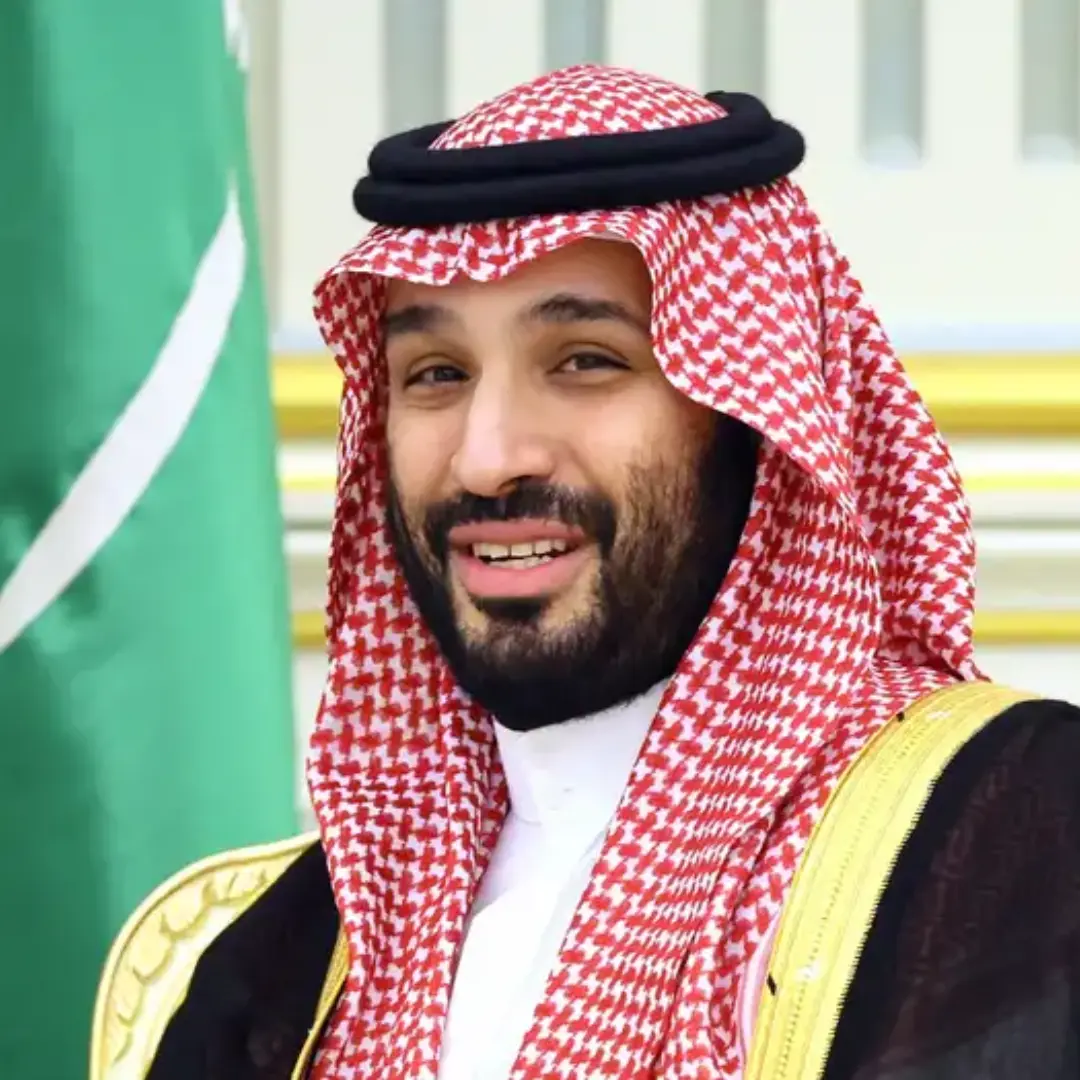Saudi Arabia’s decision to end its 50-year petro-dollar agreement with the US marks a significant shift in global economic dynamics, particularly in the realm of energy and currency markets. This historic move allows Saudi Arabia, one of the world’s largest oil exporters, to diversify its currency options beyond the traditional US dollar for oil transactions.
The petro-dollar system emerged in the early 1970s when Saudi Arabia and other OPEC (Organization of the Petroleum Exporting Countries) nations agreed to price oil exclusively in US dollars. This arrangement provided stability to the dollar as the world’s primary reserve currency and ensured a constant demand for US currency worldwide. In return, the US provided military and economic support to these oil-producing nations.
However, over the decades, geopolitical shifts and economic developments have challenged the dominance of the petro-dollar system. Saudi Arabia’s decision reflects a broader trend towards economic multipolarity and diversification in international trade. By accepting payments in currencies such as the Chinese Renminbi (RMB), Euros, Japanese Yen, and Chinese Yuan, Saudi Arabia aims to reduce its dependency on the US dollar and mitigate currency risk.
Moreover, the potential consideration of Bitcoin for oil transactions introduces a new dimension to Saudi Arabia’s currency strategy. Bitcoin, as a decentralized digital currency, offers anonymity, security, and potentially lower transaction costs compared to traditional fiat currencies. While the practicality and regulatory challenges of using Bitcoin in large-scale oil transactions remain significant, its inclusion in Saudi Arabia’s deliberations underscores the country’s exploration of innovative financial technologies.
This strategic shift by Saudi Arabia could have several implications for global financial markets. Firstly, it may weaken the US dollar’s position as the dominant reserve currency, potentially leading to fluctuations in currency exchange rates and impacting global financial stability. Secondly, it could stimulate competition among major currencies like the Euro and the Chinese Yuan, fostering greater economic cooperation and integration among nations.
From a geopolitical perspective, Saudi Arabia’s move may also influence its relationships with other major economies, particularly China. Strengthening economic ties with China through RMB-denominated oil sales could enhance Saudi Arabia’s geopolitical leverage in the Middle East and beyond.
Overall, Saudi Arabia’s decision to diversify its oil sales away from the US dollar reflects broader trends in global economic rebalancing and underscores the evolving landscape of international finance. As the world adapts to these changes, the implications for currency markets, energy security, and geopolitical dynamics will continue to unfold in the years ahead.









